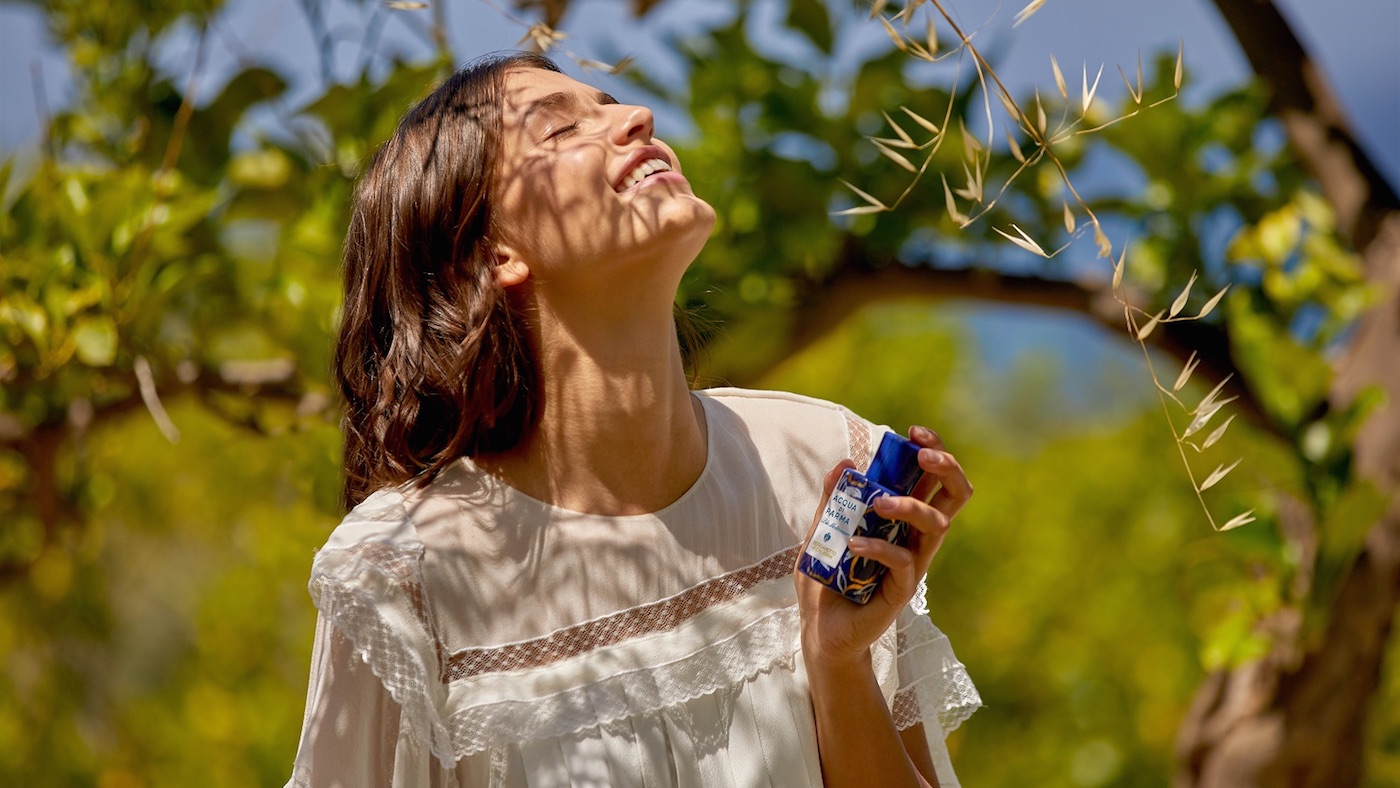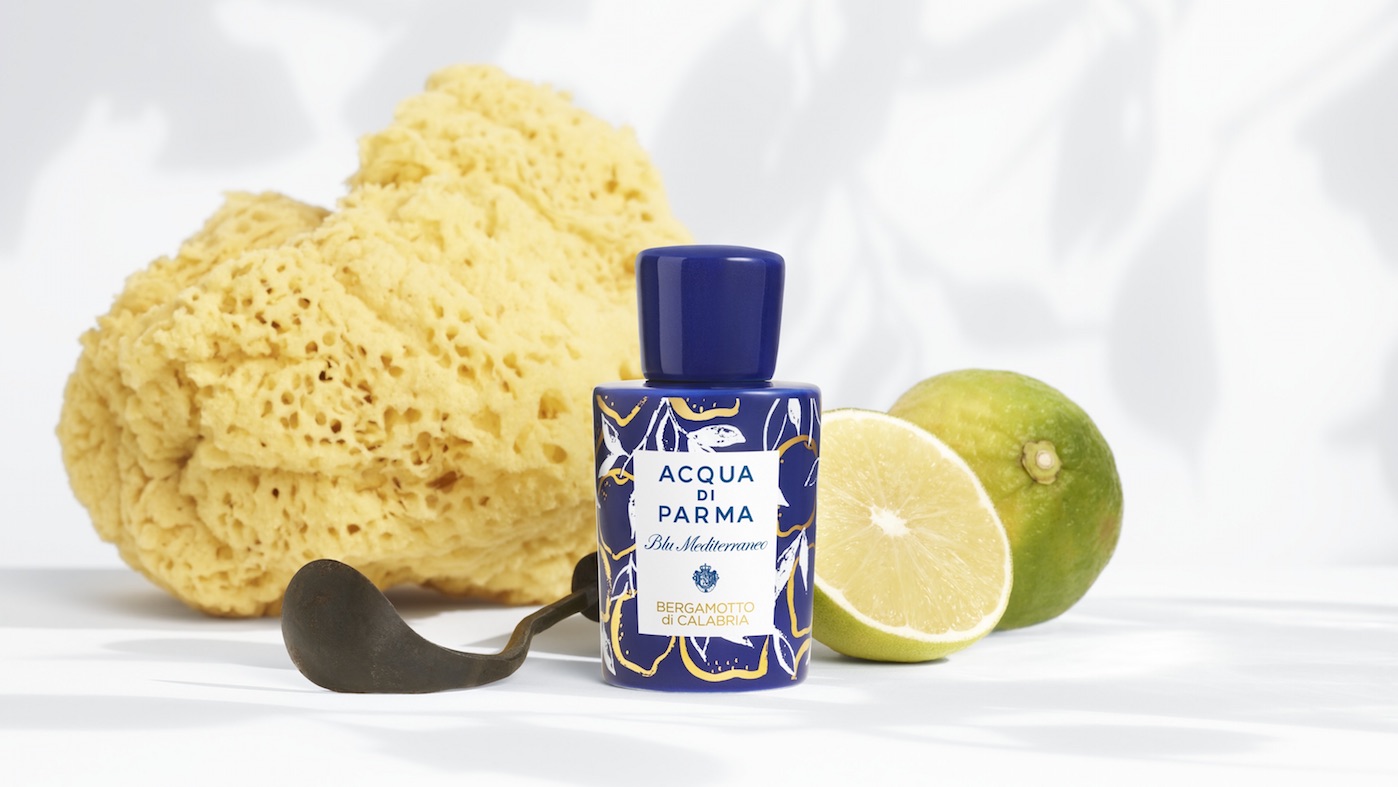Bergamot beauty: Acqua di Parma’s new scent takes you to Calabria
A fragrance that unlocks the irresistible essence of a magical fruit

A free daily email with the biggest news stories of the day – and the best features from TheWeek.com
You are now subscribed
Your newsletter sign-up was successful
Bergamot is a fruit of mystical qualities. Best known for its spicy and floral tang that gives Earl Grey tea its distinctive flavour, it is full of aromatic twists. While the fruit is grown in various countries, it only really flourishes in Calabria on Italy’s south coast. In fact, only Calabrian bergamot yields the precious essential oil which is produced through cold pressing its peel.
Some have suggested that bergamot is an ingredient in the love potion Oberon uses to trick Titania into falling in love with Bottom in Shakespeare’s A Midsummer Night’s Dream, others say it was introduced to Europe by Christopher Columbus in the 15th century.
In truth, bergamot first appeared in Calabria in the mid-17th century, as the product of natural cross-pollination between a lemon and a sour orange. Its essential oil, often called “green gold”, has been used in fragrances since the 18th century. In her book The Land Where The Lemons Grow, author Helen Attlee notes that the very term “Eau de Cologne” owes its name to bergamot.
The Week
Escape your echo chamber. Get the facts behind the news, plus analysis from multiple perspectives.

Sign up for The Week's Free Newsletters
From our morning news briefing to a weekly Good News Newsletter, get the best of The Week delivered directly to your inbox.
From our morning news briefing to a weekly Good News Newsletter, get the best of The Week delivered directly to your inbox.
In 1708, a young perfumer from Italy called Giovanni Maria Farina emigrated to Germany to pursue his love of fragrance making. His first scent was bergamot-based since it reminded him of home, but he named it after his adopted city, Cologne. Apparently Napoleon Bonaparte and Mozart were both fans; the former reputedly got through a bottle of the stuff a day.
Bergamot oil is a magic potion in more ways than one: its natural antiseptic and antibacterial qualities were discovered in the early 19th century and to this day, it is used in the manufacture of dermatological lotions and creams designed to treat skin conditions such as psoriases and eczema. It is used in perfume making, but usually in small quantities due to a time-consuming extraction process that is unique in the olfactory industry; remarkably, 200kg of fruit are required to obtain just one kilogram of essential oil.

Undeterred by this daunting ratio, luxury perfumer Acqua di Parma has made the mighty bergamot the star of the show with a fragrance that honours the artisanal practice of bergamot oil extraction by making a focal point of this rare ingredient.
It is a technique that is entirely performed by hand and one which requires inordinate amounts of patience. Once the fruit is carefully cut in half, the pulp is separated from the pith using a special scooping tool called a “cavatore”. Then the rinds are rubbed on sponges to absorb the essential oil, which is subsequently stored in a terracotta container to prevent the delicate liquid from spoiling.
A free daily email with the biggest news stories of the day – and the best features from TheWeek.com
And how best to describe Acqua di Parma’s limited edition “Bergamotto Di Calabria La Spugnatura”? What it inspires is easier to put into words: it transports you to the narrow plains of Calabria where bergamot trees thrive between the mountains and the sea. What’s more, the perfume - warm, robust and citrusy with spicy hints and full of the sun-drenched richness that comes from this region - has been bottled in a unique way.
Hand-shaped and glazed in Italy in a process that takes ten hours to complete, each bottle is embellished with an abstract gold/white bergamot pattern; its intense blue colour achieved thanks to a pure cobalt pigment added to the porcelain mix before the shape is moulded. It’s a work of art through and through - a keepsake that encapsulates a sense of wanderlust. Wear it and prepare to be transported into your own midsummer night’s dream.
£124; johnlewis.com
Alexandra Zagalsky is a London-based journalist specialising in luxury, art and travel. She began her career working on a cultural guide for English-speaking expats in Paris, where her first major break was an interview with Lionel Poilâne, the late baker of Saint-Germain-des-Prés famed for his signature sourdough loaves. Returning to London in her early 20s, she went on to write for not only The Week but also The Art Newspaper’s Art of Luxury supplement, The Telegraph and The Times, as well as art and design platforms including 1stDibs’ Introspective Magazine and the magazines of the V&A, Sotheby’s and Christie’s. She studied fine art and art history at Goldsmiths, University of London and continues to explore travel journalism through the lens of art, craftsmanship and culture.